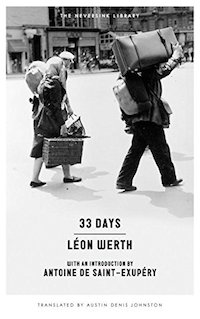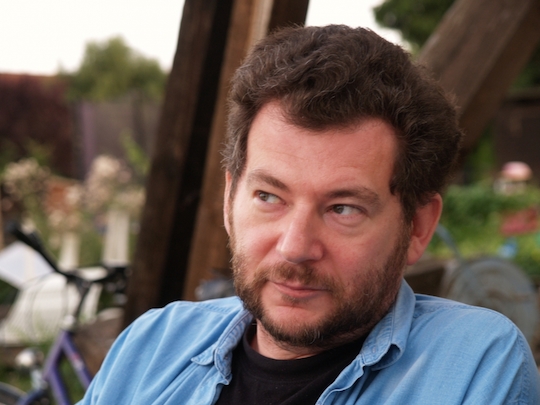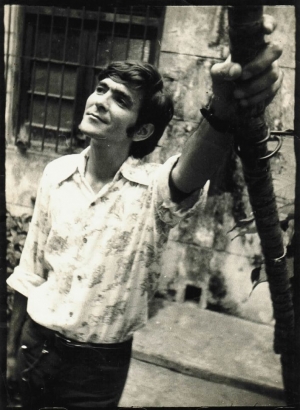Much of my fascination with contemporary Afrofuturism revolves around studying the ways in which Black artists in the field are utilizing the Internet to complicate the idea of ‘alien space.’ Afrofuturism necessarily points to an-other space—traditionally, outer space—as the destination point for the Black human-being, who, being so totally extradited from Earthly society, requires a more total severance in form of a physical migration. The cosmos has, for decades prior, served as the primary landing space for the Black alien migrant, but in recent years, the Internet has made its way to the forefront of the Afrofuture. Relative to cosmic space, the Internet has served as a perhaps closer and seemingly just-as-expansive alternate realm to which to escape. And in fact, the ‘proximity’ of the Internet calls into question whether ‘escape’ is really the dominant motion; rather than, for example, the motion of transformation. (I don’t think that anyone doubts anymore that the relationship between meatspace and cyberspace is mutually mutative.) The contemporary fugitive as shapeshifter and space-shifter.
E. Jane is one such artist who has made the Internet a primary medium. Creating cyber-installations across multiple social media platforms, as well as video, and sound-based works, E. Jane’s work is a seminal voice in the growing field of Internet-based Afrofuturism. Not to mention, E. is also one half of the Philadelphia-based sound-duo named SCRAAATCH—the other half being their partner, chukwumaa. Notably, the duo recently appeared The Fader in a feature titled, “The Voices Disrupting White Supremacy Through Sound.”
E. and I met in cyberspace to chat about their most recent work. We began with a quote from Toni Morrison, whom E. had spent the day reading.






